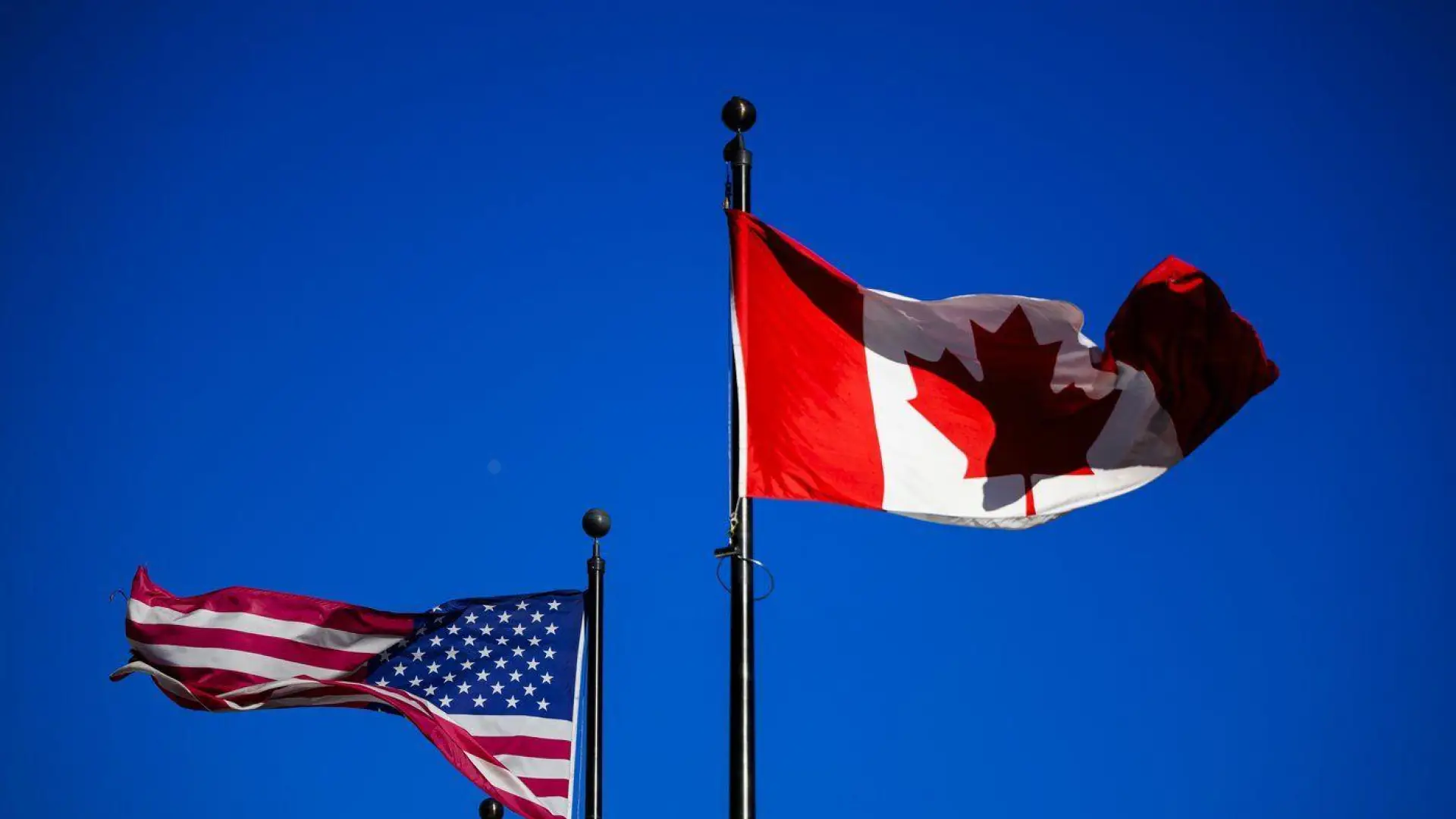As American policy tilts towards dominance in its relations with other nations, it can be tempting to feel discouraged. But Canada has more opportunities than we might have imagined. This rift is forcing us to redefine ourselves, to rise above the status quo, to dig deep, to see further ahead.
We must remain lucid and build the future in a thoughtful, strategic way. Above all, we need to tell each other the truth.
Canada has always been blessed with lots of resources. Today these are becoming more and more strategically valuable for our country. From oil and gas to potash to uranium, and a family of critical minerals on which the world increasingly depends, Canada does indeed have “cards to play”.
Our resources are the envy of the planet, as China, Russia and the United States want to dominate the strategic sectors of critical minerals and their processing.
Aluminium, a critical mineral, is an excellent example of a product where Canada has leverage. Producing aluminium requires a large, dependable, long-term supply of competitively priced energy. Energy accounts for 40% of what it takes to make aluminum.
Drawing on vast amounts of hydro power, Canada produces 80% of North America’s primary aluminium. Today, we export 90% of what we produce, mostly to the US where it is processed into products such as cars, airplanes and appliances for the US consumer market.
If the US wanted to produce that aluminium itself, the biggest challenge it would face is where to get the energy they would need. To replace Canadian aluminium imports America would need to find 40 million megawatts hours of energy – which is roughly the equivalent of what it takes to power 460 data centres. Or 3.7 million homes. Or Vermont, Alaska, Delaware, Rhode Island, and New Hampshire, combined.
To replace our aluminium with new domestic capacity, America would need the equivalent of at least 4 new Hoover dams of competitively priced energy, 15 to 20 years and billions of dollars to construct that supply.
But that same energy could be used to power AI and data centres, which are in high demand, and willing to pay multiples of what smelters can afford. The smarter choice for America is clearly to continue to import Canadian aluminium and focus their energy resources on other vital priorities.
As America works through its considerations, we need to be clear eyed here in Canada. Because we won't replace a market of 340 million people with a Canadian market of 40 million, we must leverage government procurement, which is by far our largest domestic market, accounting for nearly 15% of our GDP.
As Prime Minister Carney and the Provincial Premiers have embraced, Canada must become One Economy – and this should include going beyond eliminating interprovincial trade barriers. By leveraging scattered federal and provincial procurement markets, Canada can offer scale and market density for private sector investments, which in turn will dial up innovation and strengthen our competitiveness.
Smart procurement choices in housing and defense can also open up sizeable new markets for Canadians. For years, major industrial sectors and unions have been calling for “differentiated” access for Canadian materials, goods and products in government tenders. Studies and analyses, legal and technical abound. We have heard and read everything but haven’t done much. The time for action has arrived, and we can’t afford to fail, or shrink from the idea of change. Change is coming, we can shape it, or have it shape us.
Bureaucracies must become more action oriented, enabled to take risk, and urged to collaborate with the private sector.
Between the crushing level of regulation in Europe and the reckless deregulation south of the border, Canada can avoid a race to the bottom and adopt an agile, intelligent regulatory approach.
It’s time to put an end to delays and unjustified administrative burdens, in favour of an incentive-based policy framework that frees initiative, innovation and capital. The economic results will be meaningful for Canadians everywhere. But doing this does not require watering down our values, such as the rule of law, democratic checks and balances, fair distribution of wealth, freedom of speech, sustainability and inclusion, and a social safety net capable of reducing inequalities.
Canada must continue to be a place in the world that knows not only the price, but the value of our choices.
Jean Simard, President and CEO, Aluminum Association of Canada

